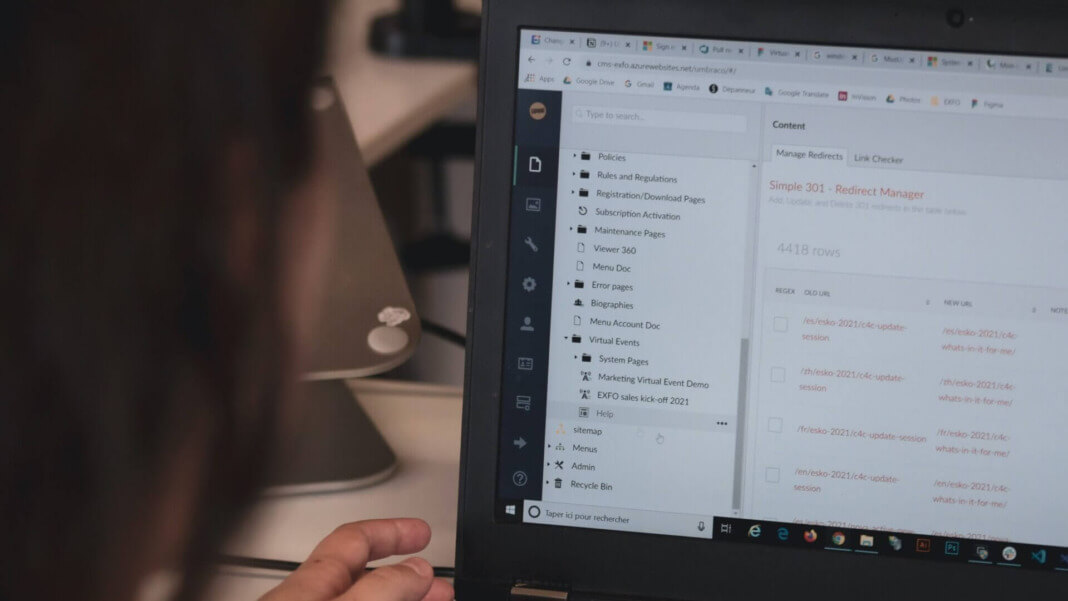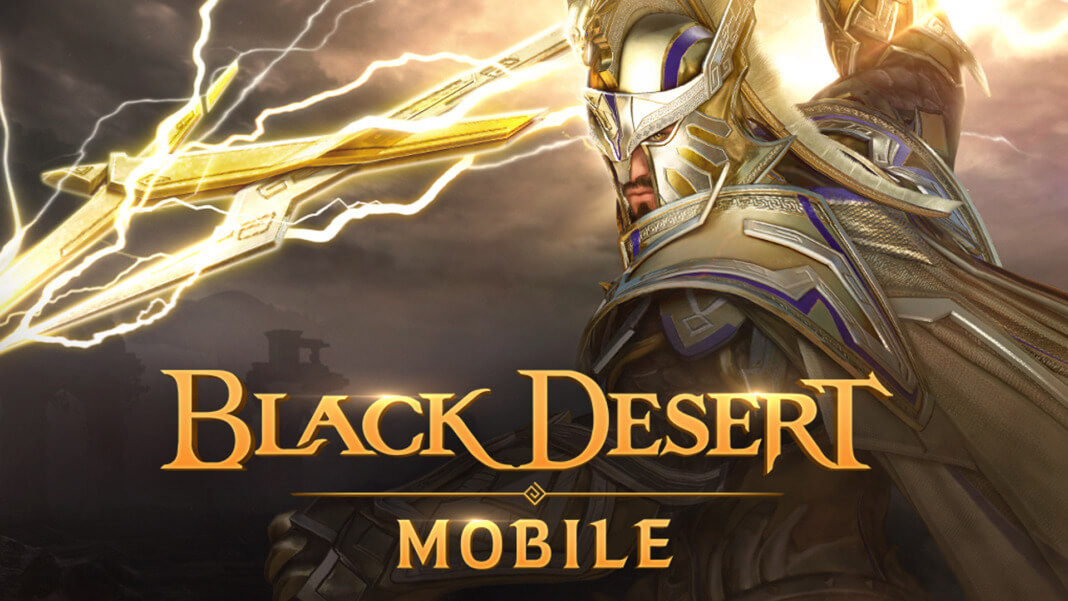Finding a good content management system is not an easy task. There are many platforms out there, and each of them has different capabilities, limitations, pricing, etc. Some of them might require extensive technical knowledge to use, or others might be anyway too complicated, and it will take you hours to upload a blog. This is why choosing a tool that will fit your needs ideally is more than crucial.
Luckily, there are several open-source and free content management tools that you can try out. Part of them are just the basic versions of enterprise solutions, and the aim of the developers is, of course, to sell you the paid version, but many of them will be more than enough even with the free one. Others are just open-source solutions that are maintained by a community of developers and are completely free. We will share with you the three most popular open-source content management platforms you should try out.
WordPress
Ranking WordPress at first place shouldn’t come as a surprise to anyone. This is probably the content management tool anyone would think of first to create a website. WordPress powers over 35% of all the websites out there. Many people actually use the open-source WordPress as a basis to create their own CMS solutions, so this percentage can be considered even higher.
Something you should keep in mind is that WordPress.org is different than WordPress.com. The .org one is the open-source content management system that can be used for free and is meant to create and manage websites and online stores. On the other hand, WordPress.com is a blog hosting platform.
One of the best things about WordPress is that it is very flexible. You can create almost any site you can imagine and manage it easily afterward. To use WordPress, is not necessary to have any technical knowledge or experience using another CMS. This makes it the perfect solution for people that want to create a beautiful site without the need for developers’ help.
WordPress is entirely free to use and is not blocking you in any way to make money with your site. So, you can use any ad network on your site to monetize it. There are several different themes that you can use to create your site on WordPress and also an enormous amount of plugins that can support you with any need. Keep in mind that some plugins and themes might be paid.
Since WordPress is the most used CMS, you can imagine it is very well optimized for SEO. So, there are many functionalities you can take advantage of to make sure that your site will perform well in terms of search engine optimization and that you have the best chances to rank in higher positions. However, you need to make sure that you are taking care of the security and backup of your site on your own or with the help of plugins since WordPress itself doesn’t offer anything in this aspect.
Something that makes WordPress perfect for beginners or people without a lot of knowledge is the enormous community using this CMS that is more than supportive. You can find articles, videos, and tutorials on any topic related to WordPress that you can imagine. All you would need to start with WordPress is just a domain name and a hosting account, usually relatively cheap. Otherwise, the usage of WordPress is entirely free.
Joomla
Joomla is the second recommendation for a free, open-source content management system. Like WordPress, you can use different templates for creating a site and extensions that serve the same way as plugins. Joomla offers a significant number of functionalities, and you can actually a lot of web hosts provide a 1-click installation process.
Joomla is perfect for anyone — people without a lot of technical knowledge and developers who would like to have a lot of freedom about what they would do with their site and how they will manage it. However, it might not be the perfect solution for complete beginners. The CMS is easy to use but not as easy as WordPress, for example.
Since it’s a great content management system for developers, you can imagine that this tool gives you a lot of possibilities and offers great flexibility. So, even if you want to create something very complex, this is a great solution. But that doesn’t mean that Joomla is not an excellent option for people that don’t want to code.
The community using Joomla and posting valuable tips and tricks is also excellent and publishes much content to support users. And they also always are eager to help in forums. And this is pretty great because Joomla is a bit more complex to use, and it might take some time to get the hang of it.
In terms of pricing, Joomla is free, but you will have to again pay for a domain name and web hosting, but this is not very pricy. However, Joomla’s themes and extensions are both free and paid. The extensions are not as many as WordPress offers, but still, you will find one for any need you have.
Drupal
The third recommendation we have for you is Drupal. This is another open-source content management system used to create different types of websites. Many big names also use Drupal to manage their sites, especially in the educational industry. It is also a good option for people that want something easy to manage but with the capabilities to create something very high-level and complex.
We should mention that doing the initial setup will require technical knowledge. Drupal is perfect if you have a technical team that will help you with the development or you are ready to hire a freelancer for the development part. This is because this CMS aims at people that want highly customizable websites, which can be achieved only with a bit of coding.
Once the initial setup is done, it is easy to add new content on Drupal and to manage it. Therefore it won’t be a challenge for a marketing person. If you already have prebuilt templates for the different content types, you will be able to have a lot of flexibility and still be easy to manage. Their plugins are called modules, and there are quite extensive; and you can easily find a free one for almost anything.
Drupal’s community is also massive and supportive, but most members are developers. There are still many tutorials for beginners, but it might take quite some time to do the initial setup. Drupal user management is effortless, and this is why it is a tool that developers and marketers can collaborate on.
The usage is free and is a solution that will offer you a lot of customization, and you can create a fantastic site with it. However, it is a bit tricky to change the appearance at some point if you want to.





